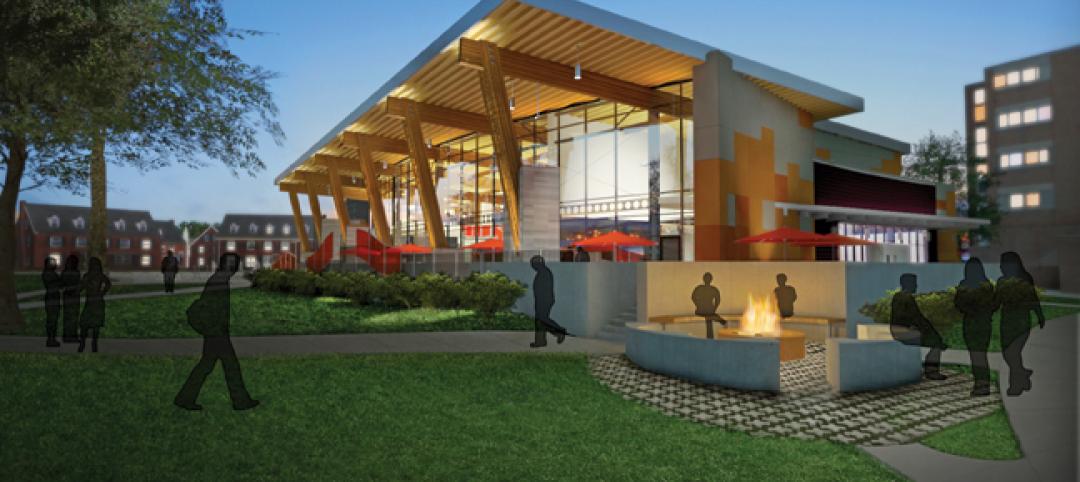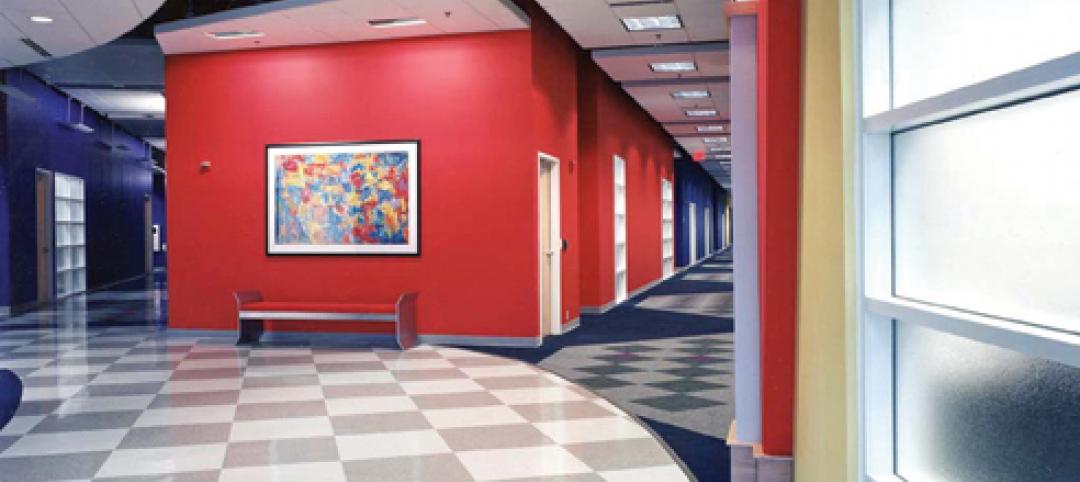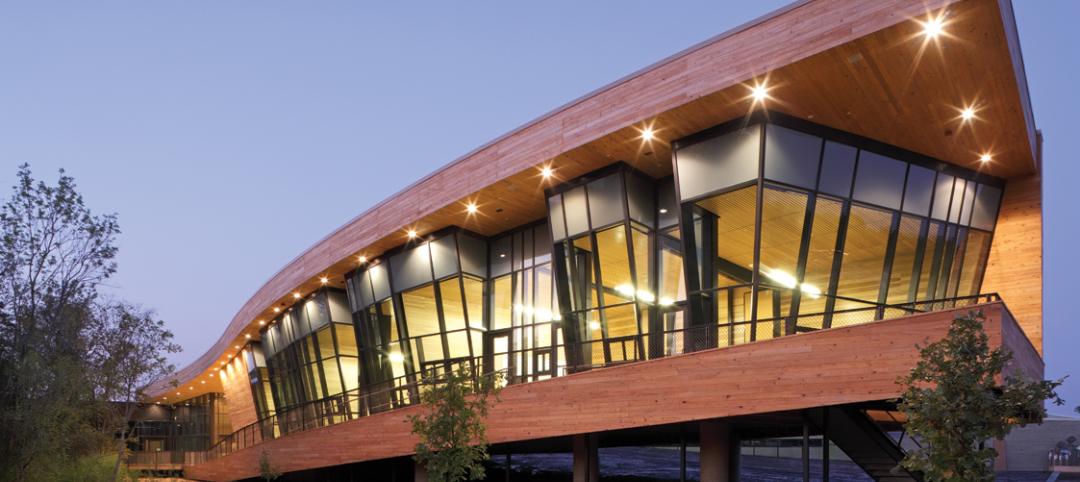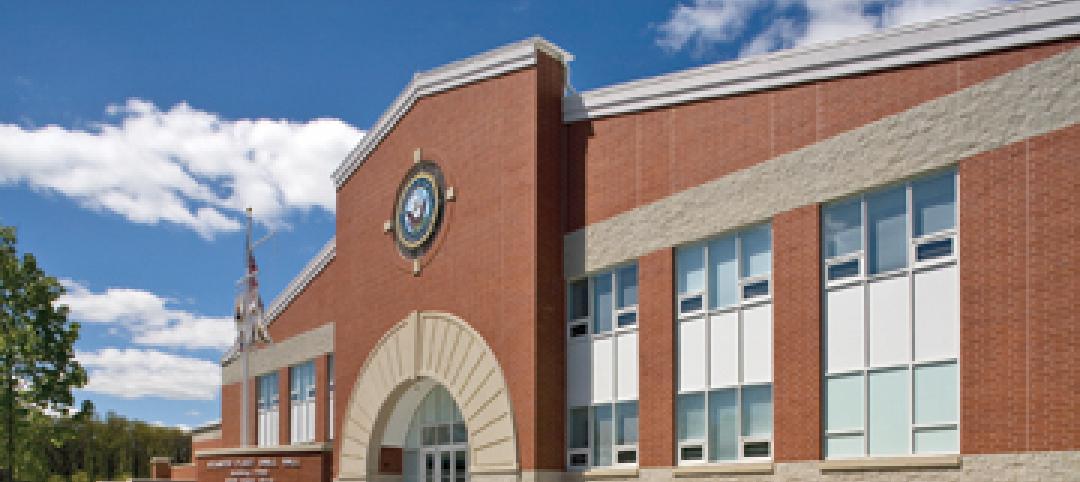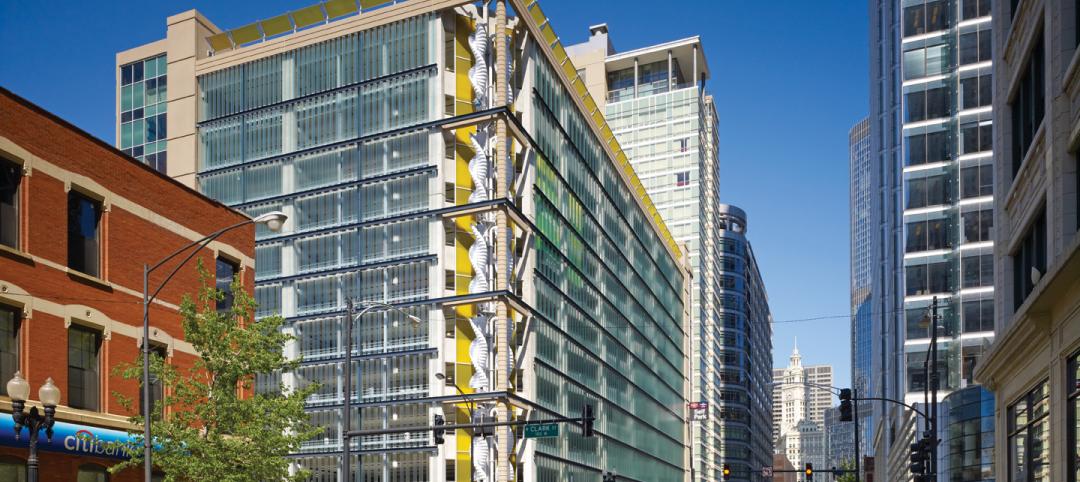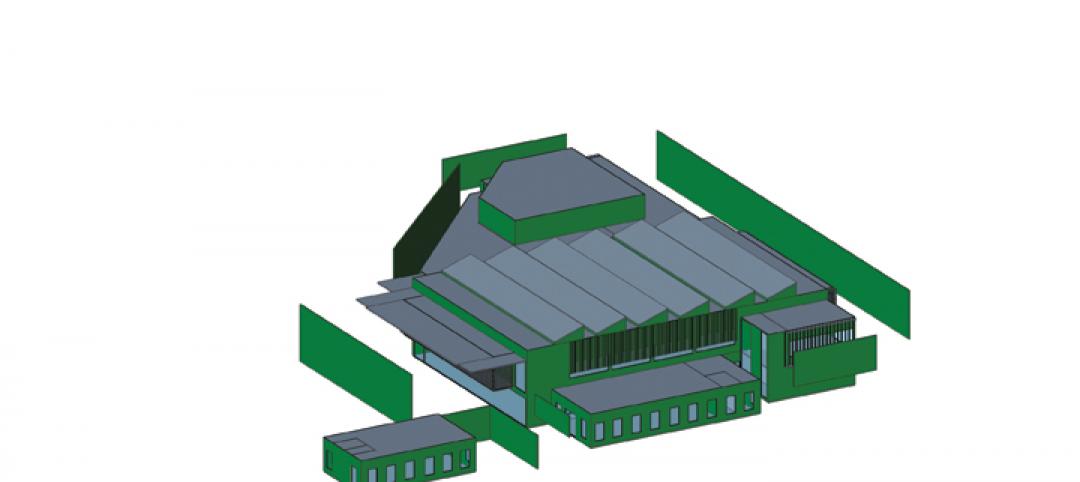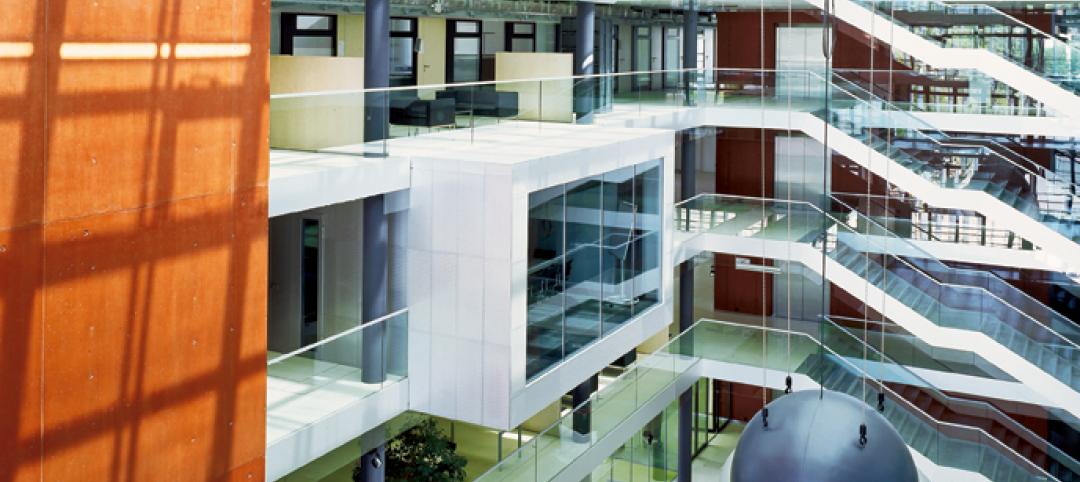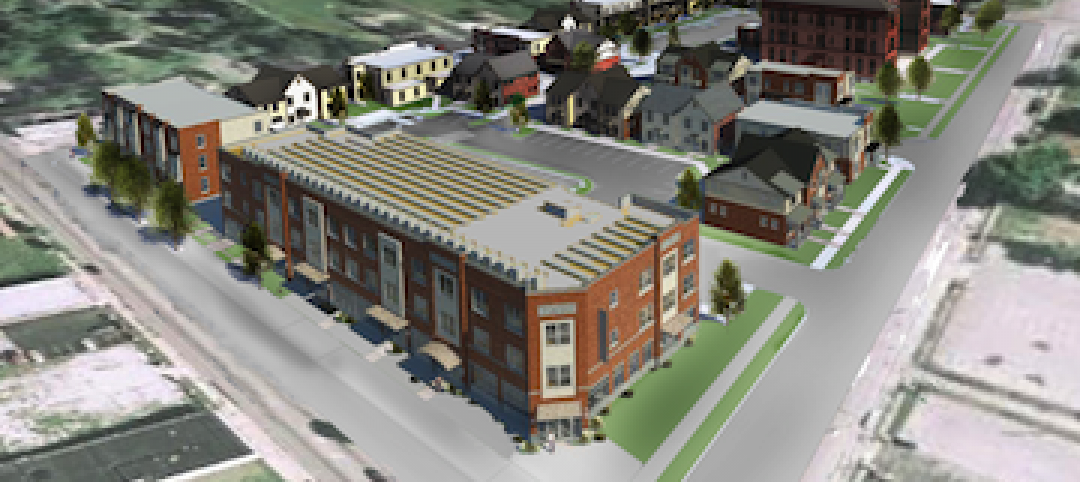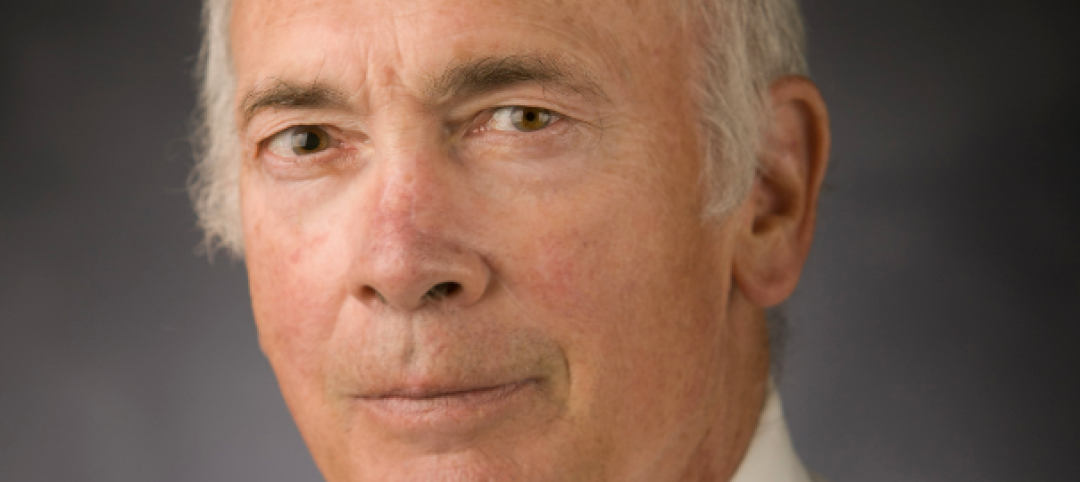Global engineering firm Walter P Moore has opened its sixth international office in Mexico City, Mexico, appointing Miguel Hernández as Manager of Business Development, who will be leading expansion efforts in the area. Service offerings include insurance and litigation support, waterproofing consulting, materials consulting, assessments and repairs, corrosion mitigation, bridge assessment, and flood evaluation among others. The Mexico City office officially opened on August 27, 2021.
“Expanding our presence into Mexico City has been our goal for many years and we are thrilled to have Miguel Hernández on board to represent us in Mexico,” said Dr. Gabriel Jiménez, Managing Principal and Executive Director of Walter P Moore’s Diagnostics Group. “Walter P Moore has built its legacy on exceptional client service, and we can now offer our clients in Latin America a deeper quality of service and partnership with a full team of experts across the region and in Mexico’s largest city.”
Hernández’s expertise includes assessing and designing repairs for distress related to concrete, steel, and masonry structures with a specialization in seismic assessments and retrofits, fire evaluations, building envelope moisture management, and roofing systems.
“I am excited to lead the efforts in growing our presence in Mexico. We are ready to dive in on projects across Mexico and Latin America and to continue tackling existing building problems with creativity, cooperation, and commitment,” Hernández says.
“Our move into Mexico City represents an incredible opportunity to leverage our entire platform more deeply within the international market bringing value to our clients. I am excited about the unique opportunities it presents to build new client relationships in several of our targeted market sectors, especially leveraging our expertise in forensic analysis,” adds Dilip Choudhuri, President and CEO of Walter P Moore.
Related Stories
| Nov 3, 2010
Dining center cooks up LEED Platinum rating
Students at Bowling Green State University in Ohio will be eating in a new LEED Platinum multiuse dining center next fall. The 30,000-sf McDonald Dining Center will have a 700-seat main dining room, a quick-service restaurant, retail space, and multiple areas for students to gather inside and out, including a fire pit and several patios—one of them on the rooftop.
| Nov 2, 2010
11 Tips for Breathing New Life into Old Office Spaces
A slowdown in new construction has firms focusing on office reconstruction and interior renovations. Three experts from Hixson Architecture Engineering Interiors offer 11 tips for office renovation success. Tip #1: Check the landscaping.
| Nov 2, 2010
Cypress Siding Helps Nature Center Look its Part
The Trinity River Audubon Center, which sits within a 6,000-acre forest just outside Dallas, utilizes sustainable materials that help the $12.5 million nature center fit its wooded setting and put it on a path to earning LEED Gold.
| Nov 2, 2010
A Look Back at the Navy’s First LEED Gold
Building Design+Construction takes a retrospective tour of a pace-setting LEED project.
| Nov 2, 2010
Wind Power, Windy City-style
Building-integrated wind turbines lend a futuristic look to a parking structure in Chicago’s trendy River North neighborhood. Only time will tell how much power the wind devices will generate.
| Nov 2, 2010
Energy Analysis No Longer a Luxury
Back in the halcyon days of 2006, energy analysis of building design and performance was a luxury. Sure, many forward-thinking AEC firms ran their designs through services such as Autodesk’s Green Building Studio and IES’s Virtual Environment, and some facility managers used Honeywell’s Energy Manager and other monitoring software. Today, however, knowing exactly how much energy your building will produce and use is survival of the fittest as energy costs and green design requirements demand precision.
| Nov 2, 2010
Yudelson: ‘If It Doesn’t Perform, It Can’t Be Green’
Jerry Yudelson, prolific author and veteran green building expert, challenges Building Teams to think big when it comes to controlling energy use and reducing carbon emissions in buildings.
| Nov 2, 2010
Historic changes to commercial building energy codes drive energy efficiency, emissions reductions
Revisions to the commercial section of the 2012 International Energy Conservation Code (IECC) represent the largest single-step efficiency increase in the history of the national, model energy. The changes mean that new and renovated buildings constructed in jurisdictions that follow the 2012 IECC will use 30% less energy than those built to current standards.
| Nov 1, 2010
Sustainable, mixed-income housing to revitalize community
The $41 million Arlington Grove mixed-use development in St. Louis is viewed as a major step in revitalizing the community. Developed by McCormack Baron Salazar with KAI Design & Build (architect, MEP, GC), the project will add 112 new and renovated mixed-income rental units (market rate, low-income, and public housing) totaling 162,000 sf, plus 5,000 sf of commercial/retail space.
| Nov 1, 2010
John Pearce: First thing I tell designers: Do your homework!
John Pearce, FAIA, University Architect at Duke University, Durham, N.C., tells BD+C’s Robert Cassidy about the school’s construction plans and sustainability efforts, how to land work at Duke, and why he’s proceeding with caution when it comes to BIM.



